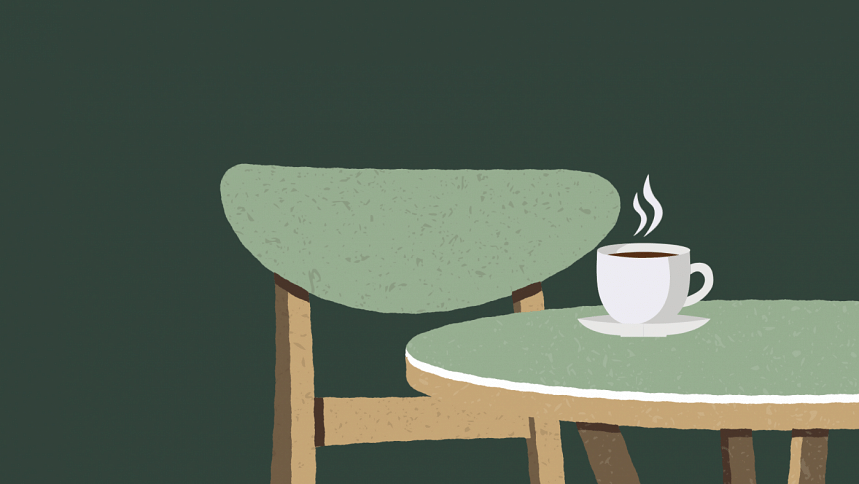It is okay to want a simpler life

There's a sense of exhaustion that starts to get to you. It seems to seep into every pore of your life. Staying in bed for hours, just because the thought of working on a certain something is petrifying. Making excuses. Losing interest in what you once loved. And above all, not feeling like yourself anymore.
There is a word for this feeling - of being overburdened, disconnected. Unhappiness.
Too few of those of us who are unhappy with our choices ever get a chance to talk about them, let alone change them. Of course the majority of people don't make choices that are, in the moment, unwanted or too painful, if they can avoid it. But knowing this can lead to an instinctual assumption that if a decision was perfect for you at a certain point in your life, it will be perfect forever.
This decision could be anything: investing your time and energy into a skill you have no passion for anymore, studying to be a doctor out of familial pressure, or even staying in a relationship that hurts you more than it fulfills you. These are choices that affect almost every facet of who you are: your identity, your health, even what you do. It can be so very difficult to move away from these choices, even when you know it's hurting you to stay - especially if you struggle with comparing yourself to others.
So how do you get out of this painful cycle?
You start by evaluating how important these aspects of your life really are to you. Certain pursuits definitely are worth the time, stress, and tears they take, our dreams for the future, for instance. It's not a question of abandoning everything that causes you discomfort - that would be a life with very little meaning. It is instead a question of what you want.
Why are you investing all that you are into a particular goal? Do you really think it will make you happy, and is it plausibly achievable, if you're the sort of person who cares about realism? These are all questions we often fail to ask ourselves when it comes to goals that feel central to our identity. Instead, we convince ourselves that all of the difficulty we endure will be "worth it" when we succeed.
But endurance in and of itself isn't actually a virtue, if in the end you succeed and realise you are still unhappy. In the face of your fulfillment, other people's judgement, sunk costs, and fear of failure are all truly secondary.
It can be just as hard to accept that you deserve a more peaceful life as it is to keep toiling away. That's why it's so important to try to listen to yourself and your needs when it comes to what you want, because ultimately only you can tell yourself what truly makes you happy, and what you should let go of.
Once you do, only good things follow. A calmer mind, free of constant doubt. An appreciation for each individual day, with new choices to make. And most of all, hope.
Ohi has a matter of months to discover themselves before they come of age. Ask them what they've learned so far at fb.com/nadera.naeema

 For all latest news, follow The Daily Star's Google News channel.
For all latest news, follow The Daily Star's Google News channel. 








Comments